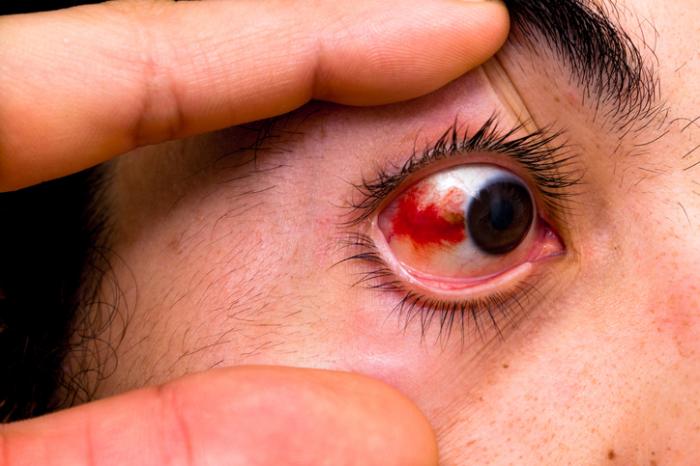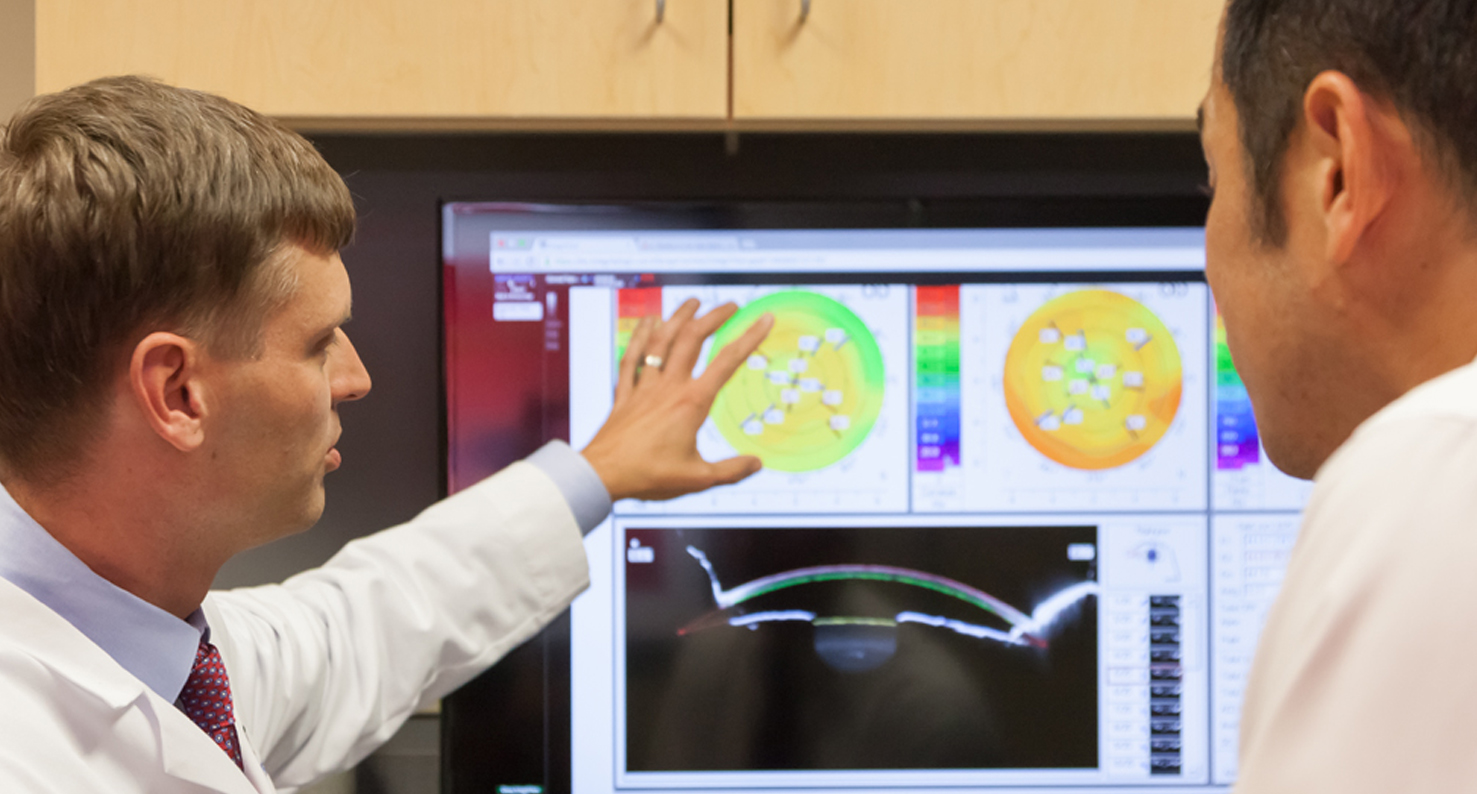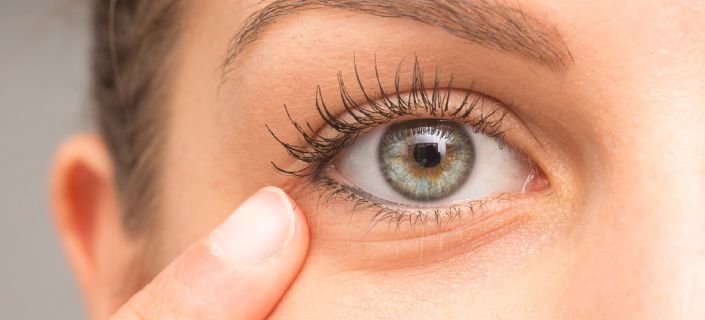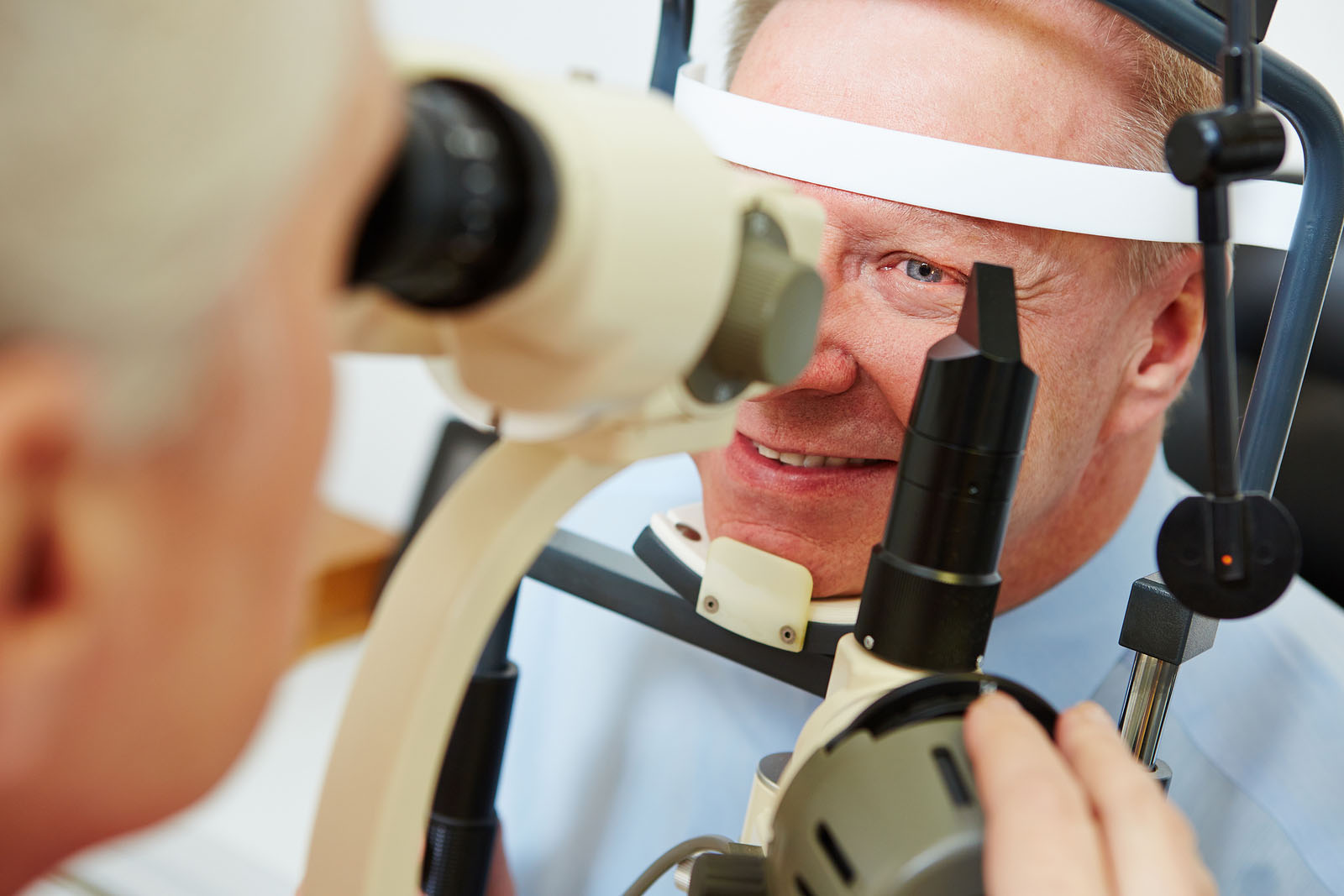Why Do I Have
a Red Spot on My Eye?

A red spot on your eye might look scary, but it’s usually no big deal. There are lots of tiny blood vessels between the white of your eye and the sclera (the film that covers it). Sometimes they break.
You might not even be aware that you have a red spot -- its official name is subconjunctival hemorrhage -- until you look in a mirror. You won’t notice any symptoms like vision changes, discharge, or pain. The only discomfort you may have is a scratchy feeling on the surface of your eye.
What Causes Them?
Most happen when your blood pressure spikes due to:
- Strong sneezing
- Straining
- Powerful coughing
- Vomiting
Some red spots result from an injury or illness, like:
- Roughly rubbing your eye
- Trauma, like a foreign object stuck in your eye
- Contact lenses
- Viral infection
- Surgery
Less common causes include:
- Diabetes
- High blood pressure
- Medicines that make you bleed easily (such as aspirin or blood thinners like coumadin)
- Blood clotting disorders
How Are They Diagnosed?
Your doctor can tell you have a subconjunctival hemorrhage just from looking at your eye.
How Are They Treated?
Most red spots heal on their own without treatment. Depending on how big it is, it may take a few days or a few weeks to go away. If it begins to feel irritating, it’s OK to use artificial tears.
Can I Prevent Them?
If you need to rub your eye, do it gently.
If a red spot keeps coming back, your doctor may:
- Ask you questions about your general health and symptoms
- Do an eye exam
- Take your blood pressure
- Do a routine blood test to make sure you don't have a serious bleeding disorder
Are There Complications?
In most cases, there are no complications. It’s rare, but a total subconjunctival hemorrhage may be a sign of a serious vascular disorder in older people.
When Should I Call the Doctor?
Get treated if your red spot is caused by an eye injury.
NEXT IN EYE BASICS
Related Post

What Your Eye Symptoms May Mean
Tiny blood vessels in your eye may expand or burst when they get irritated or infected.

Guide to Eye Cancers
When healthy cells in your eye change -- or mutate -- and grow too quickly in a disorganized way,



